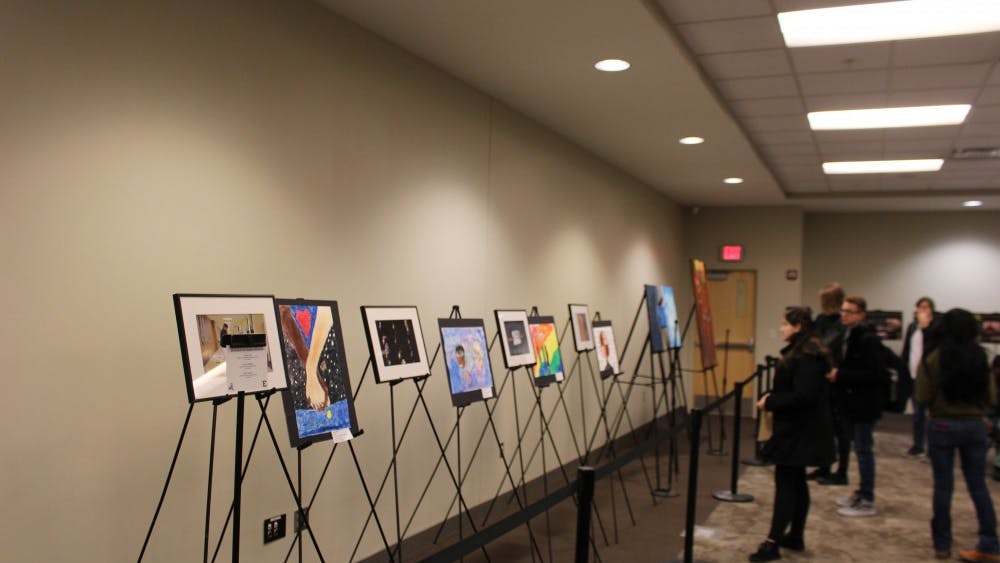Eastern Michigan University faculty members discuss Dr. Seuss Enterprises’ statement announcing their decision to pull six books from publication over racist imagery.
The books that will no longer be published are “And to Think That I Saw It on Mulberry Street,” “If I Ran the Zoo,” “McElligot’s Pool,” “On Beyond Zebra!,” “Scrambled Eggs Super!,” and “The Cat’s Quizzer.”
The six books depict various racial stereotypes in the illustrations. According to Annette Wannamaker, the coordinator of the children’s literature program at Eastern Michigan University, the conversation around problematic content in Dr. Seuss’s work is nothing new.
“This is something we’ve taught in our classes, that we write about in journals, that we read about and study. I can think of articles going back to the ’60s that are addressing these issues,” Wannamaker said.
Dr. Seuss Enterprises said in their statement that the “books portray people in ways that are hurtful and wrong.” In “And to Think That I Saw It on Mulberry Street,” an image shows an Asian man with a pointed hat, chopsticks, yellow skin, and slanted eyes.
Wannamaker believes that the context in which these books are used matters. She says that while children may not understand the problems with Dr. Seuss’s depictions of other cultures, college students should discuss them.
“I would never exclude these books from a college class. We have to understand how children’s literature reflects cultural values and it also shapes cultural values,” Wannamaker said.
After the announcement, the media erupted into a debate about cancel culture and whether or not Dr. Seuss is a victim of it. Media personalities, like Fox News host Tucker Carlson, have defended Dr. Seuss with his diversity-themed work, such as “The Sneetches and Other Stories.”
Jessica De Young Kander, a children’s literature lecturer at Eastern Michigan University, disagrees with the notion that Dr. Seuss was canceled. De Young Kander commends Dr. Seuss Enterprises for pulling the books from publication, which is a process she says occurs frequently in publishing.
“To me, that’s not cancel culture, that’s thoughtful decision making,” De Young Kander said.
Dr. Seuss book sales have increased significantly since the announcement was made. De Young Kander attributes this to the nostalgia associated with Dr. Seuss’s work and does not foresee a lasting stain on his legacy.
“With the Dr. Seuss books, recognizing how important these books are to people is a part of the conversation and I think that sometimes that gets left out in the scholarly realm,” De Young Kander said.
Wannamaker says that insensitive and harmful imagery in Dr. Seuss and other children’s books is a conversation that is ongoing and continues to evolve as cultural norms shift.
“Children’s books shape who we are and they shape our values. They matter. It’s really important to talk about,” Wannamaker said.










